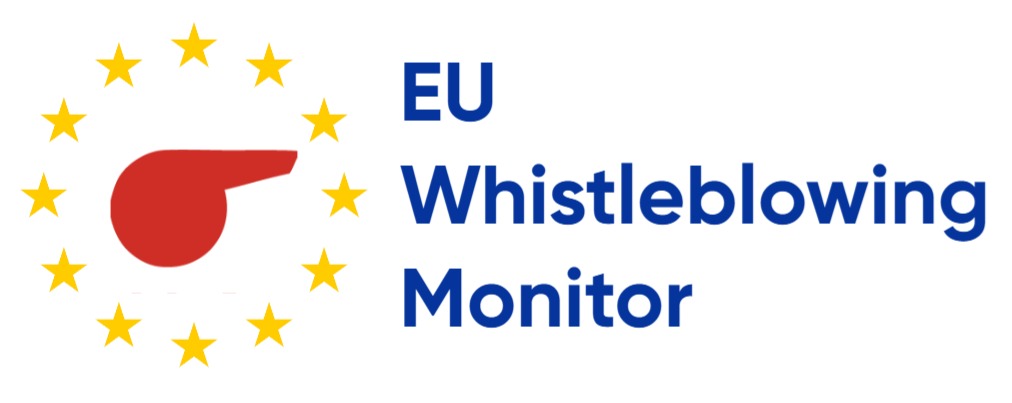Source: whistleblowingnetwork.org
A new paper “Beyond Paper Rights: Implementing Whistleblower Protections in Central and Eastern Europe,” published by the Central and Eastern European Law Initiative Institute raises concerns regarding the transposition of the EU Directive on Whistleblowing in Bulgaria, Czechia, Hungary, Poland, Slovakia, and Romania.
The report examines the current state of implementation and identifies challenges and opportunities for ensuring effective protection in the region.
On Romania, the report concludes:
“As with its regional counterparts, Romania has experienced a winding journey towards transposition of the EU Directive. Romania previously had a dedicated whistleblowing law for public servants and several sectoral-based protections. In June 2022, Romania’s parliament passed a law to adopt the EU Directive. However, this law was strongly criticised by civil society and other stakeholders, in part because it failed to adhere to the EU Directive in certain respects and represented a regression on protections in the existing law. This saw the law sent back to parliament by Romania’s president. In late December 2022, a further law adopting the EU Directive was passed addressing some concerns, albeit issues–including in relation to anonymous reporting, which was effectively discouraged–remained. A third law was passed through parliament in March 2023, said to be in response to the potential blocking of European Union funds linked to the shortcomings in the law. The changes bolstered the provisions for anonymous reporting.”
The report makes three key recommendations:
- To ensure ongoing law reform meets and exceeds the requirements of the EU Directive
- That countries establish independent, well-funded whistleblower protection authorities
- That laws provide for low-cost or no-cost specialised legal advice and support to whistleblowers, preferably provided by civil society organisations
In concluding on the state of transposition of the EU Directive on Whistleblowing in the region, the report’s author finishes “Whistleblowers make the European Union a better place. If the EU Directive, now adopted across the continent, can ensure the next generation of LuxLeaks-style whistleblowers are empowered to speak up and protected from retaliation, it will have the desired effect. There is much work to be done–but the culmination of the transposition process is an important first step towards a region where whistleblowers are protected, not punished.”
